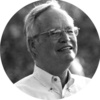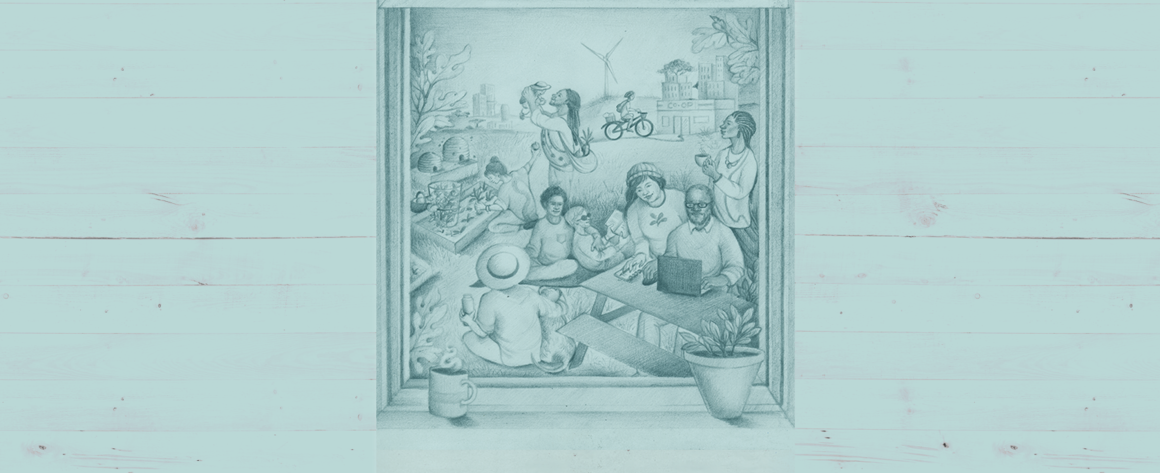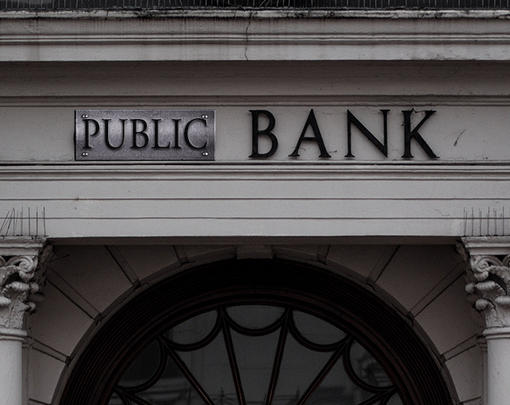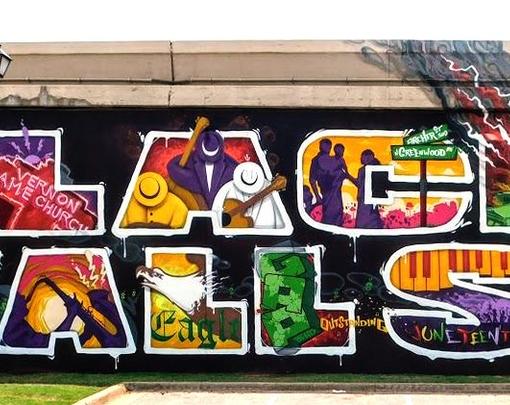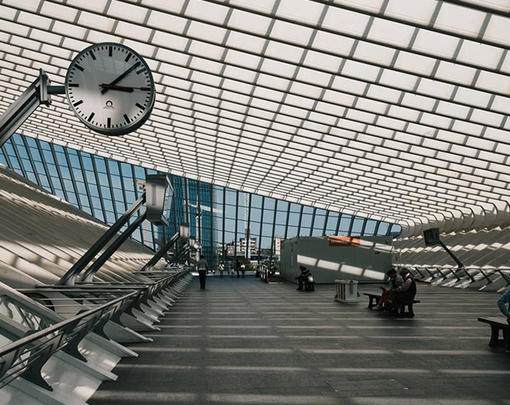I had something like a vision not long ago as I was enjoying my breakfast. It began when I looked out the kitchen window and saw, instead of my front yard, a community going about its everyday affairs.
I now spend some time almost every day looking through this window and observing the changing scene. My conclusion, based on what I have seen, is that I am viewing a vision of a new, much better and, to me, a very attractive America.
It’s clear to me that the people I am watching are building this new America themselves—in their homes, neighborhoods, and communities—without waiting for big government or anybody else.
Some huge differences jumped out at me right away. Do you know the expression “going local”? These folks are really doing it. They are rooting economic and social life in their own local communities. They try hard to live closer to work, walk more, and drive less. They love their locally grown food. They make a lot of things in shops and factories that we today import from far away.
Local businesses there stay rooted and keep money in the community. Co-ops are a big deal, especially worker-owned ones, as are other types of innovative enterprises, including for-profit/not-for-profit and public-private combinations. Part of the idea is to get away from control by giant corporations and absentee owners.
As enterprises there have shifted to local ownership and control, and as the people have come to realize that cooperation is more powerful than competition, the importance of the profit motive has shriveled to about nothing. Sappy as it may sound, businesses are operated to do good. They debate a lot about what is in the common good—what best serves the commonwealth—but at least they know where they want to go, and it is not the endless search for profit and the creation of false needs through advertising.
Work is important to those I am seeing. People expect meaningful work, even joyous work, not destructive work or makework. They are great believers in economic democracy. For example, they expect to participate significantly in the big investment decisions that affect their communities.
The world I am viewing runs on 100% community-owned renewable energy, and the people there manage their lives and their work and play so that they live lightly on the planet and are not contributing to climate change. They demand environmental regulations that protect from toxic chemicals. They teach kids to love and appreciate nature and encourage schools to pursue “no child left inside” programs. And they are protecting a lot of open space, natural areas, and wildlife. Natural beauty counts a lot for them. And they see humans as part of nature, not something above it.
Another thing I have noticed is that these folks have broken the habit of consumerism. No more “shop ’til you drop.” Instead, it’s “do more, own less, rent the rest.” They have found a new work-life balance, working fewer hours and freeing up time for hobbies, skill development, volunteering, exploring nature, participating in the arts, sports, and more. Instead of searching for meaning and acceptance through what they own and what they buy, they seek real abundance in what truly matters, the things that bring happiness and joy: family and friends, the natural world and its beauty, spirituality and worship, meaningful work, diversity of many types, and giving rather than getting.
The focus on local life also contributes to neighborhoods that are safe and resilient—and fun places to live. People play a lot in this new America, including the adults. Instead of feeling isolated, distrustful and threatened, neighborhoods and social groups are knit together, and they respect and care for each other. People are very active in local government, schools, community groups and religious organizations. They prize the religious, cultural, racial and gender diversity in their midst, There are not only communities; there is a sense of community.
It is interesting that they have also come to see themselves as citizens of the world, at least as much as they think of themselves as citizens elsewhere. It seems they have learned in school that both global governance and local governance are important.
Impressively, I have not seen any real poverty or homelessness in this new America. There are differences in income, but there is an agreed top and bottom. Equal rights are paired with actual equal opportunity, and the status of women and nonbinary people matches that of men across all walks of life. People also give top attention to how children and young people are doing—in their education, their right to loving and drug-free environments, good nutrition and health care, and freedom from violence. Parenting is a big deal and highly respected, and there is plenty of time for it.
To support their approach to life, they have developed measures of real community wealth—not overall gross domestic product but a Genuine Progress measure they have developed. They joke that GDP doesn’t stand for “gross domestic product” but for “grossly distorted picture.” I saw a bumper sticker, “The Best Things In Life Aren’t Things.”
When I look away from this window, I realize that the place I have seen would be a really great place to live. It also occurs to me that each of these positive things I’ve observed is to some degree already underway in America. When we look around, we see individuals and families and communities pioneering in all these areas, and more. Now, that’s encouraging.
My time peering into this possible world has stimulated a big question, maybe the biggest question of all. Is it possible that we Americans still have it in us to use our freedom and our democracy in powerful ways to create a new America, similar to the vision in the window or perhaps even better?
Together, we could pursue a positive vision of an America where:
- the “pursuit of happiness” brings steady improvements in the well-being of people and nature, as well as greater joy in people’s lives—from families and friends, from work and creativity, from shared diversity, from worship and song;
- the American Dream is realized as each person achieves her or his human potential, accomplishments made possible by access to free education and health care, economic opportunity, supportive communities, and, even more basically, equal rights and personal freedom, including the freedom to be different;
- the benefits of economic activity are widely and equitably shared, and no one has too much and no one too little;
- democracy lives strong as honest, competent government of the people, by the people, for the people, and where there is separation not only of church and state but corporation and state;
- the virtues of simple living, self-reliance, and deep respect for nature predominate, and where we know we are all close kin to wild things; and
- we stand together with our fellow humans in awe and humility before the creation, secure and unafraid.
I think this is the quiet message of the special window: building a beautiful future starts with a beautiful dream we share.
This article was originally published in Valley News (West Lebanon, New Hampshire) and also appears in System Change magazine.
